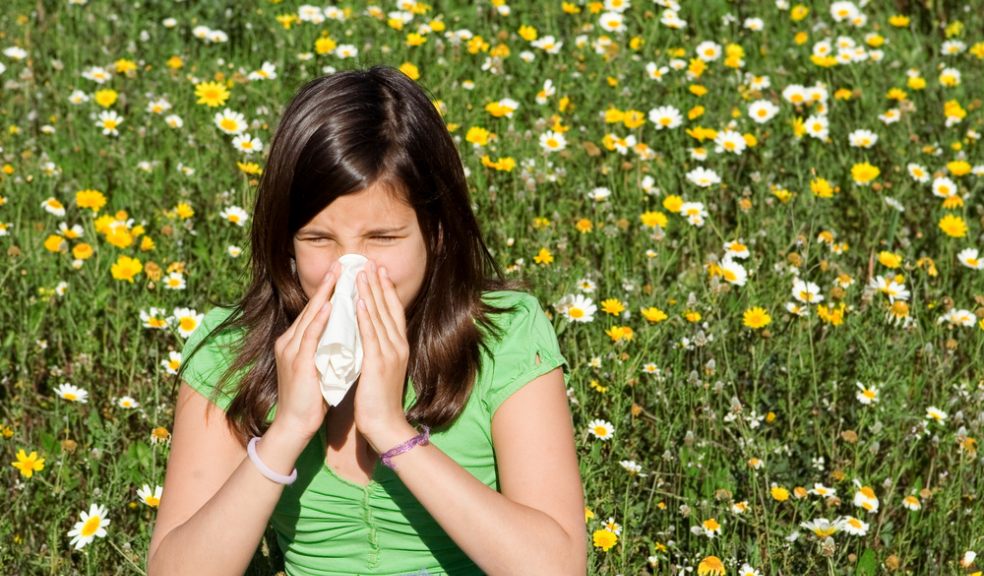
Met Office launches pollen maps for SW
The Met Office, in conjunction with Public Health England (South West), have produced a series of species specific pollen maps for the south west of the UK.
The maps show the locations of six different tree and plant species - grass, alder, ash, birch, oak and pine - key allergenic plants for asthma and hay fever.
Different types of pollen are released from different plants and trees throughout the year generating hayfever and other allergies. These symptoms affect around 20% of the population and can have a serious impact on their well-being.
By looking at where species are most common, and what time of year these are released you may be able to find out what species you are most sensitive to. Speak to your health professional (eg GP.) for more details about your own health condition.
Dr Rachel McInnes, Climate Impacts Scientist at the Met Office Hadley Centre, said: "Once sufferers establish what pollen they are allergic to these maps will help them see where that plant species is most common and enable them to plan their activities."
Professor Debra Lapthorne, Public Health England centre director for Devon, Cornwall and Somerset, said: "These new maps will provide local authorities and healthcare practitioners with information and assist the treatment or self-management of patients with long-term health conditions caused by pollen allergy."
Pollen can be carried large distances in the wind, depending on weather conditions. While the allergenic species maps do not provide a forecast of pollen levels, they do provide the most likely locations of grass and of tree species which are the source of most allergenic pollen.
To find out whether pollen levels are high in your region, see the Met Office's daily UK pollen forecast on their weather map page. Simply click on 'show layers' and choose 'pollen count'.
The pollen forecast is part of the wide range of weather-related services offered by the Met Office, which also include the UV index and Heat Health watch.
Find out more about the pollen forecast.














